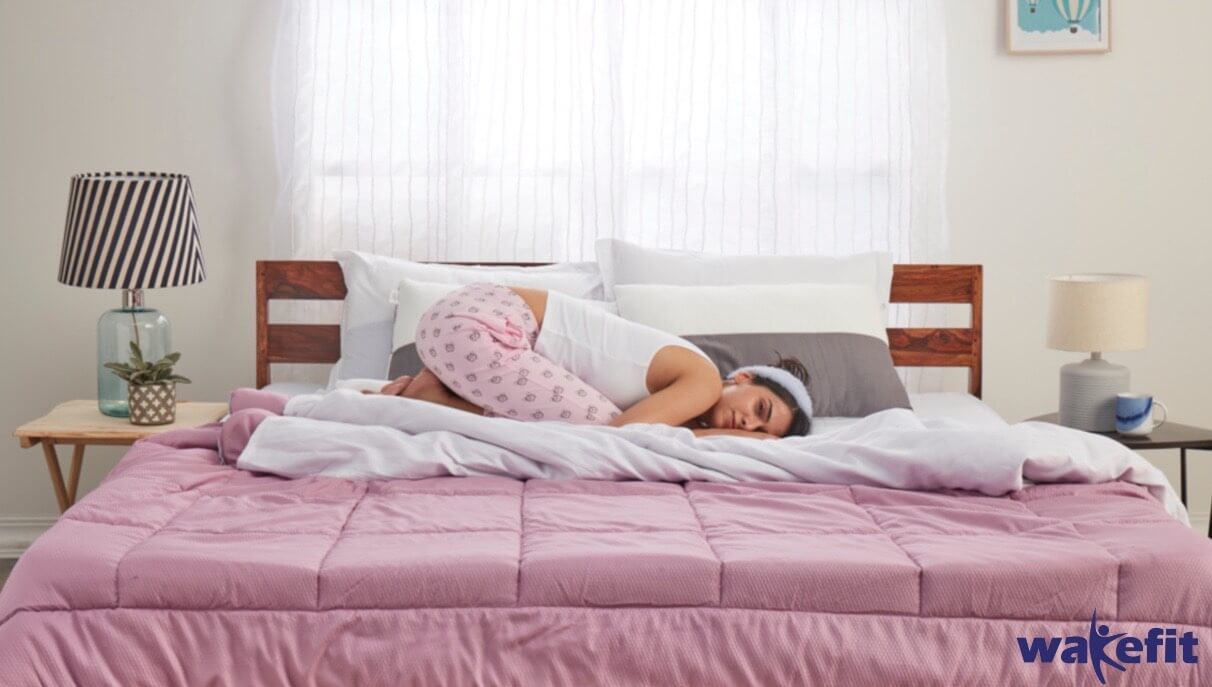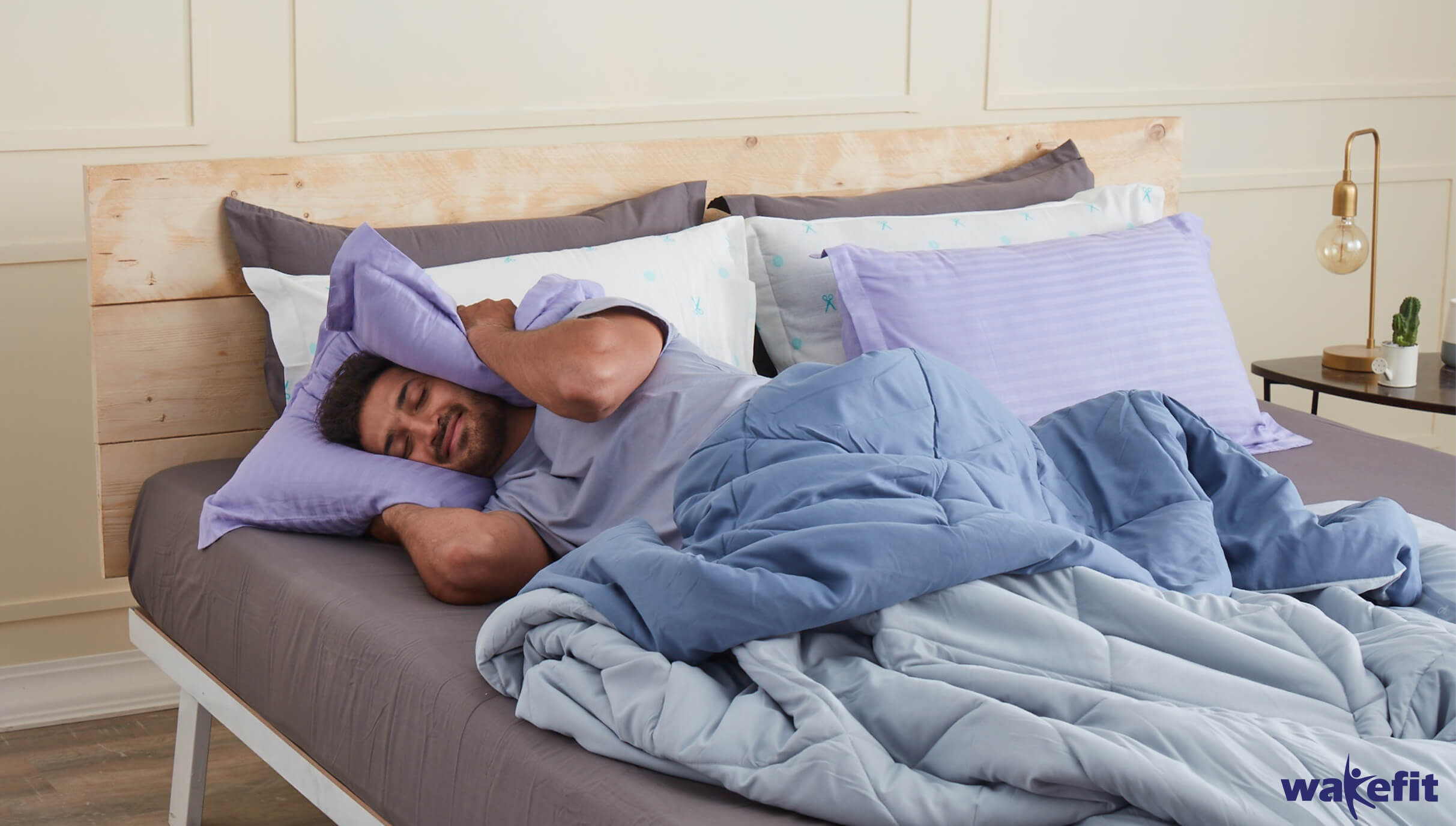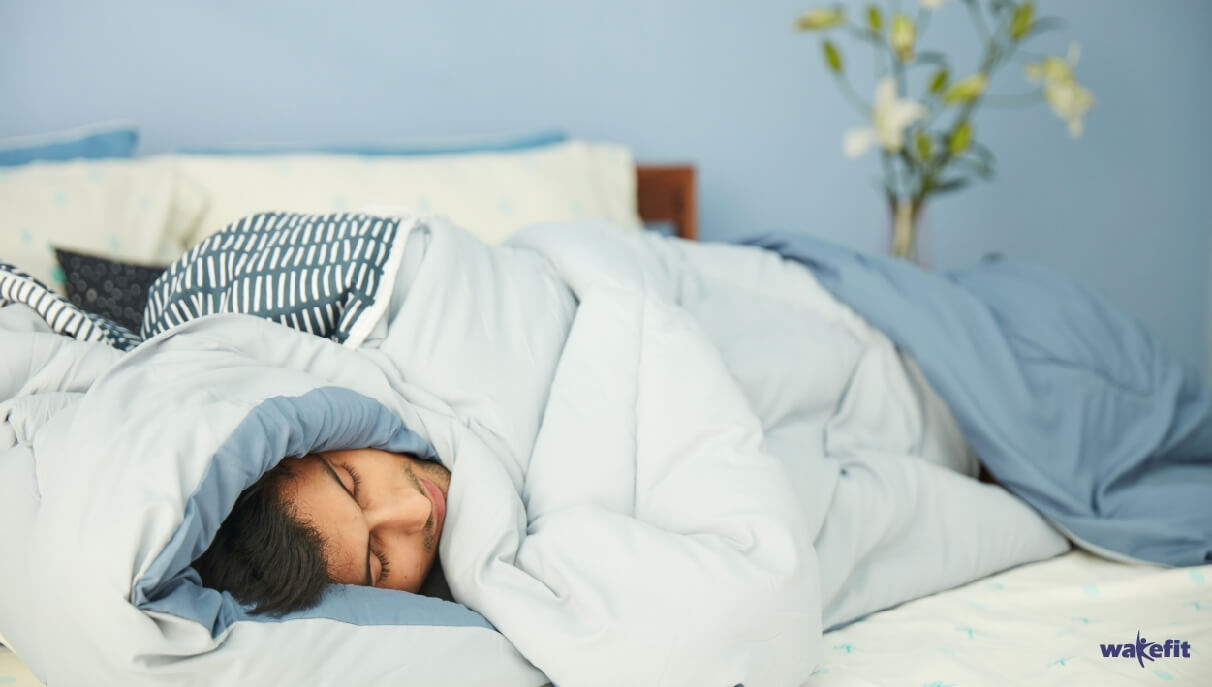When we survive a traumatic event, stress builds up in us. This stress, in turn, can cause sleep irregularities and sleep-related diseases.
Trauma over stimulates the body. This results in the brain being flooded with epinephrine and adrenaline, two neurochemicals that make us stay awake. The release of these two chemicals in excessive quantities makes it difficult for us to relax and rest in the night. It can cause long term abnormalities adversely affecting our circadian rhythms. This can lead to daytime sleepiness, chronic fatigue, fever dreams, and insomnia.
Trauma and sleep
What happens to your sleep when you are going through a traumatic period or have recently gone through a very stressful time? According to research, you might experience flashbacks of incidents that happened during the traumatic event. Stressful and troubling thoughts are also likely which keep you from unwinding and resting.
A traumatic experience makes the sufferer remain in a constant state of alertness. This coupled with the increase in the secretion of adrenaline, causes their sleep to be a disturbed and interrupted one. Even nighttime as well darkness, may cause you to be anxious and restless, again conditions that do not encourage sleep. Nightmares and fever dreams are other symptoms of trauma that interfere with sleep.
Some survivors of traumatic events use alcohol and substance abuse to numb the pain. This, however, interferes with sleep and worsens it. Instead, here are a few tips suggested by therapists and sleep experts from around the world –
- Sleep with someone you trust or feel safe around. Also, pick a different room to sleep in, somewhere where you don’t feel threatened. If the bedroom is where the traumatic experience occurred, then it is highly unlikely that you will get any sleep there. Hence, change your room.
- Changing your bedtime routine might also help. Doing a non-threatening, soothing bedtime ritual with someone you love and trust might help. This could be reading together, or meditating, or listening to music, getting a warm shower, drinking a cup of chamomile tea, etc.
- If sleeping in a dark room is scaring you, then put some ambient lights in your room. Some fairy lights or dim bedside table lamps might help create a safe environment where you can rest and unwind.
- Try to avoid fatty or oily food just before bedtime. Also, it might be a good idea to steer clear of alcohol as it can aggravate the anxiety, which in turn will harm your sleep.
- You might consider taking short naps during the day. These however, should not exceed 20 minutes, as that might further make it difficult for you to fall asleep at night.
Where these sleep tips helpful? Let us know in the comments below.




No Comments